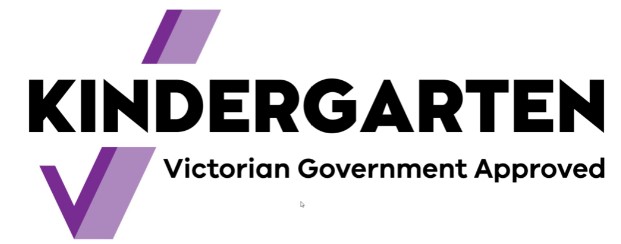Know the Best Methods to Establish and Develop a Sense of Belonging Among Kindergarteners
29 September 2021Belonging, knowing where and with whom you have a place – is integral to human presence. Kindergarteners have a place first with a family, a cultural gathering, an area and a more extensive local area. Belonging acknowledges kindergarteners’ association with others and the basis of relationships in characterising personalities. Belonging is central to being and becoming, as it shapes children’s identity.
A child learns and develops a sense of character through their relationships and encounters at home. That is why family interactions are important. As they play, learn and attempt new things, they will develop their very own personality. Children must develop an understanding of themselves, to develop pride and strength in their very own and cultural character, as well as regard for others.
A Sense of Belonging
Cultivating a sense of belonging for kids can create a climate where learning can flourish. When learning feels open and collaborative, kindergarteners have a sense of security to share ideas. They are positive about applying their knowledge or abilities and are critical when they take a danger or even experience failure. When kindergarteners feel like somebody knows and recognises, there is a greater motivation to succeed.
All kindergarteners should feel that their reality is a safe place where individuals care about them and their necessities, they can develop good relationships and where they will want to look for help when required. At the point when these necessities are met, kids can develop a sense of belonging. A sense of belonging can assist with ensuring that kids can handle mental health issues and work on their learning. Kids who feel that they have a place are happier, more relaxed, and have fewer behavioural issues than others. They are also more motivated and more fruitful learners.
Building Relationships
Kindergarteners fabricate and experience attachments with individuals as early as conception. Good relationships that are warm, caring and predictable assist kids with having a sense of security and security. When kids experience these relationships, they learn to utilise these abilities in their relationships with others. Developing and maintaining solid attachments with familiar adults and companions can have a constructive outcome on their mental health and prosperity.
In childcare settings, kindergarteners are part of a centre of relationships between kids, families and staff. Joint interactions play an important job in developing positive relationships. Infants and little kindergarteners must be offered the chance to fabricate these associations to advance positive relationships as they develop.
Teachers and Parents Play a Role
To assemble a sense of belonging, small kids need to learn the most common way of developing their abilities to work with others. They should learn to play cooperatively, help other people, have a sense of empathy, and be a part of a team. These abilities are not automatic but rather developed after some time through healthy schedules and reliable expectations set in the classroom.
Schedules can assist little kindergarteners with understanding what to do as such that they can zero in on the most proficient method to get things done with others. Schedules, for example, classroom occupations and keeping a reliable timetable can help small kids feel and be a more certain participant in your classroom. When early childhood professionals and parents cooperate, it assists with creating a positive sense of local area for the kid.

